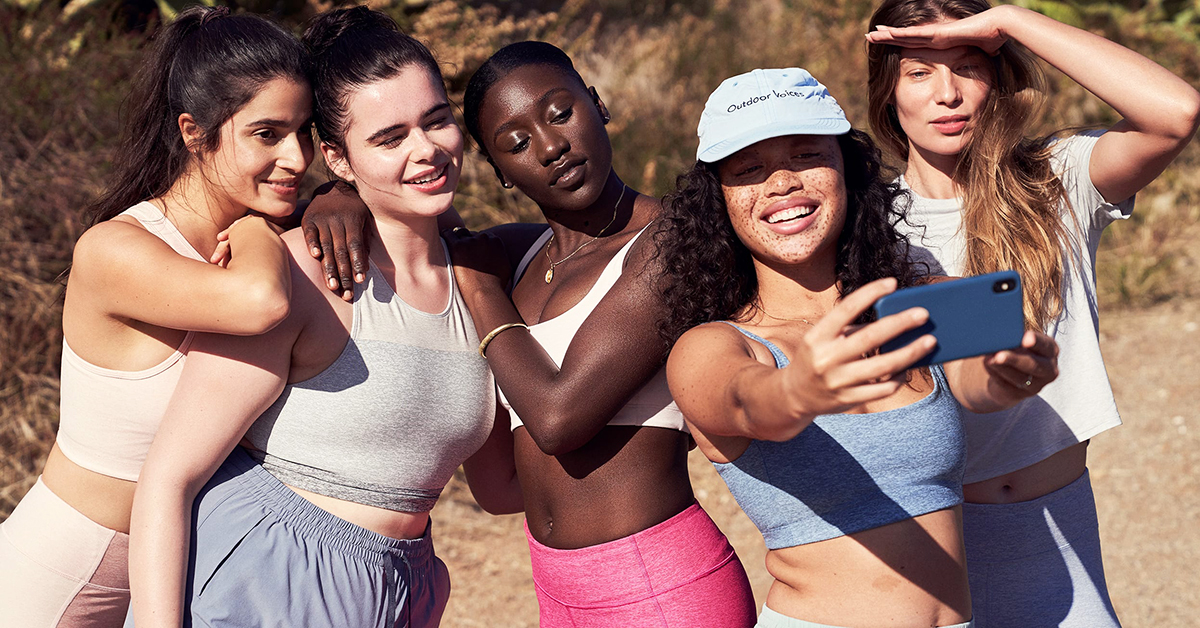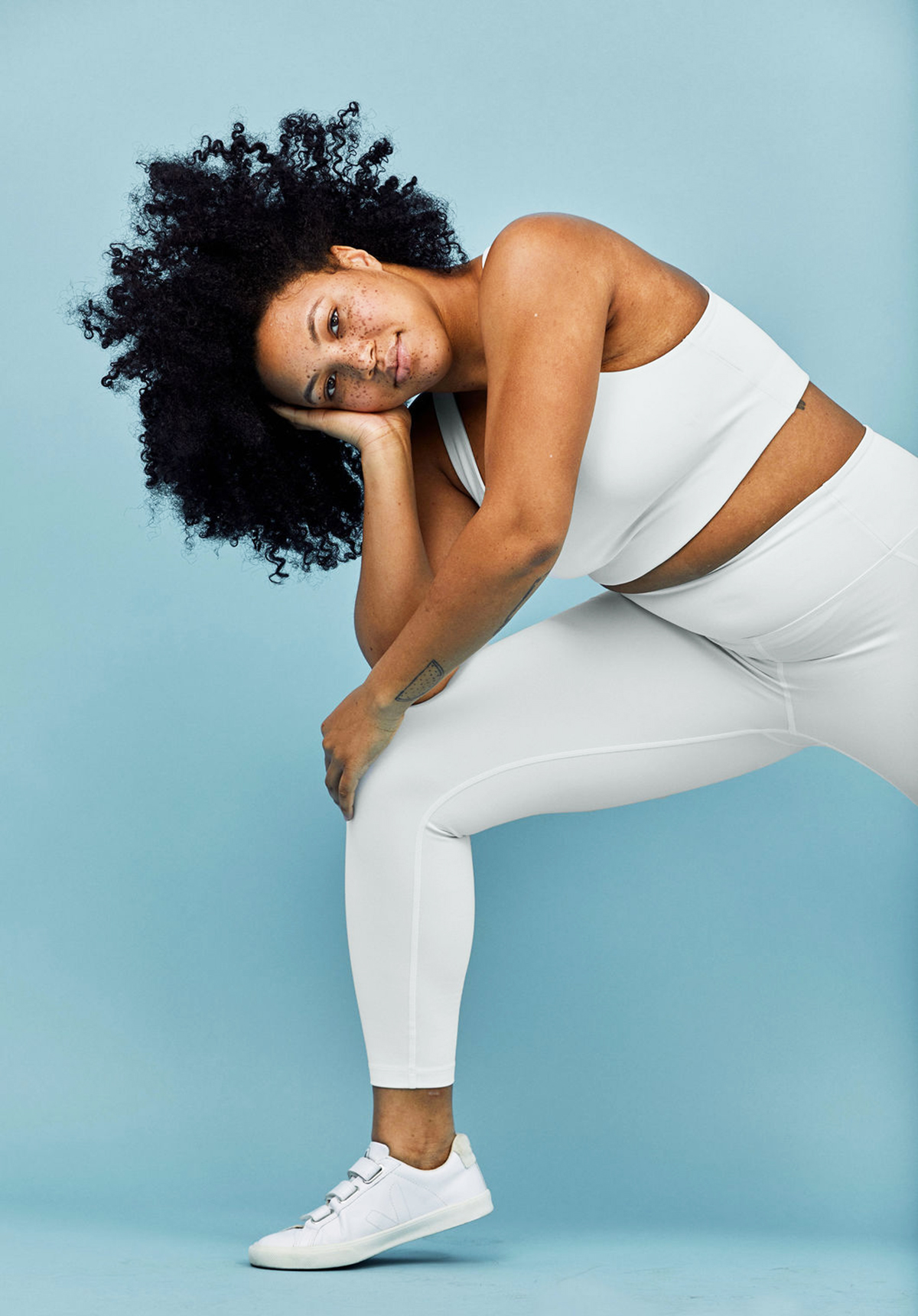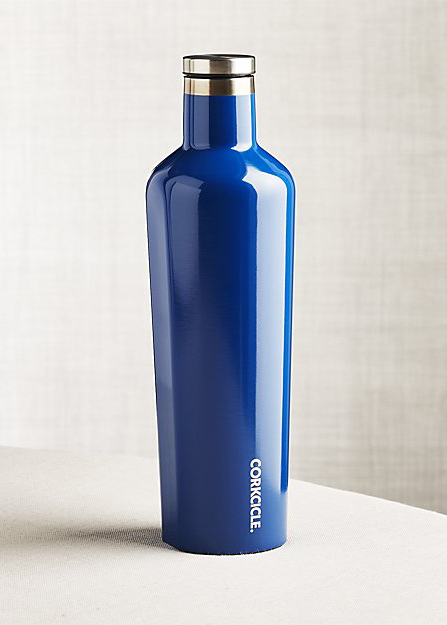8 Workout Motivation Tips That Actually Work

During a recent email exchange with yogi, fitness expert, and THE/THIRTY contributor Claire Fountain, she brought up an interesting point about motivation that completely reframed the idea in my mind. "[We consider] motivation to be this elusive thing that people we look up to must have," she wrote. But at the same time, "I think most people think that motivation is something they can just will themselves into having without any effort."
It's an interesting (and ironic) duality, especially when I consider the pieces we've published on motivation that have resonated the most with our readers: "How to Get in Shape Without Trying Too Hard or Spending Too Much" and "How to Trick Your Brain Into Loving Running," for example. We're seduced by this concept that if we're clever enough to "hack" our own minds, we'll be rewarded with a bottomless well of proactivity and determination.
This isn't to say that there aren't some "tricks" that are scientifically proven to work—research shows us that our brains tend to respond to certain cues over others. But the point is that there's no skirting around actual effort; it's an invaluable part of the recipe. Really, motivation is just about supplementing that effort with a productive shift in attitude.
So how do we break down mental blocks and access the motivation that (certainly) exists within all of us? We asked Fountain and two other incredibly inspiring fitness experts to share their tried-and-true methods.

1. Keep a visual reminder of why you started.
"There's a photo of me and my dad taped to the inside of my medicine cabinet because his cancer diagnoses pushed me to do my first triathlon to raise money for the Leukemia & Lymphoma Society," says triathlete and The/Thirty columnist Nicole Loher. "On mornings I don't want to train, he's there as a reminder."
Even if it's just a Post-It note telling yourself, "You've got this," that visible reminder is the perfect mental cue to keep going. That's not "inspirational" jargon, but science. Your brain will log that as a cue for you to return to that habit.
2. And be really honest with yourself.
"Embracing any lifestyle change is going to require you to be ready," says Angela Davis, celeb SoulCycle instructor and self-described "fitness evangelist." "It happens once you come to the conclusion that the lifestyle you are currently living is not serving you and you can't fathom the idea of not being your best self."
To that end, it's really important to get clear with yourself about why you want to work out in the first place. Is it because you love the endorphin rush and the way it clears your mind, or is it because you're feeling insecure or think that you "should" be working out? Motivation isn't a magic formula for achieving success—it's the willingness to put in the effort towards meaningful goals because the goals are that meaningful to you.
3. Put it into perspective.

"I'm right there with everyone else in that sometimes I dread having to go work out," says Fountain. "For me, when I take into account that with depressive symptoms, motivation can be really far away at times."
She works around this by asking herself what she can accomplish in just 60 minutes. "I think about how an hour will pass whether I'm at the gym or not, and how I could use that time to do something that betters my mindset, my mental health, my physical health, and how good I feel afterward," she says. "These reasons motivate me and support my existing motivation to stay sane in mind and body."
4. Buddy up.
The science doesn't lie: Working out with a partner is proven to be a highly effective motivation booster. And don't choose just anyone. "Connect with a good accountability partner," says Davis. "What qualifies someone for that position is someone who will require you to put a demand on your potential." In other words, link up with that friend who knows how to call you on your bullshit.
Loher recommends even taking it a step further by joining a group. "Every run group I've ever been a part of has given me great friends, great laughs, and has made me a faster runner," she says.
5. Stay hydrated and eat well.
While we are very much of the mindset that French fries and/or a glass of wine should be a regular indulgence if you so choose, it's also a fact that you need to nourish and fuel your body in order to get the most out of your fitness regimen. The same goes for drinking enough water and getting enough sleep.
"[It's key] to incorporate healthy eating and to stay hydrated!" says Davis. "I keep my Corkcicle Canteen ($33) with me at all times which allows me to always meet my daily water intake goal."
6. Mix it up.
Our experts all agree that nothing kills motivation faster than boredom. "I can only swim, bike, and run so many hours in a week, so I also box and practice yoga," says Loher. "At the end of the day, moving is moving, and it's all good, so be sure to add something you really enjoy into the mix."
7. Reward yourself differently.
For starters, let's just ditch the whole "cheat meal" concept entirely since it tends to fuel an unhealthy mindset around food as "good" or "bad." Repeat after us: Everything in moderation.
Instead, consider rewarding yourself in ways that feel both healthy and indulgent. "It can be a pedicure after a long run or sleeping in," says Loher. "These are both simple forms of self-care-focused rewards."
8. Embrace the discomfort.
If there's one "secret" to accessing motivation, it's learning to embrace the inevitable discomfort in your journey—and even get excited about it, since it's a marker for meaningful growth.
"I tell my students to get comfortable with being uncomfortable," says Davis. "And don't mistake a temporary situation for a permanent one. The discomfort is temporary. But it's necessary to change you."
Next up: Learn about the psychology of building a good habit.
This article is provided for informational purposes only and is not intended to be used in the place of advice of your physician or other medical professionals. You should always consult with your doctor or healthcare provider first with any health-related questions.

